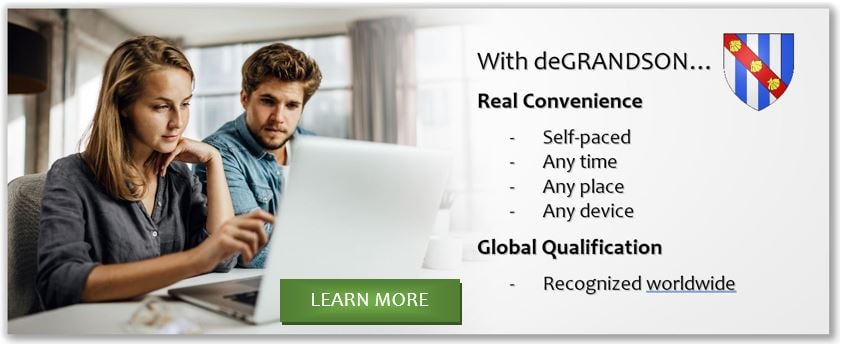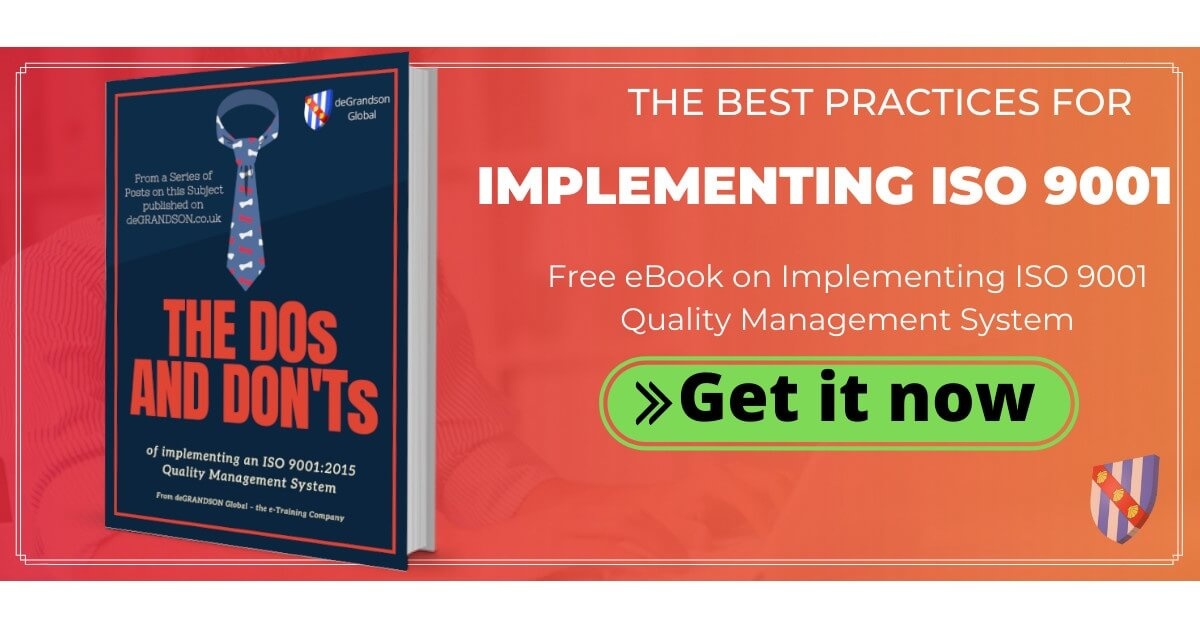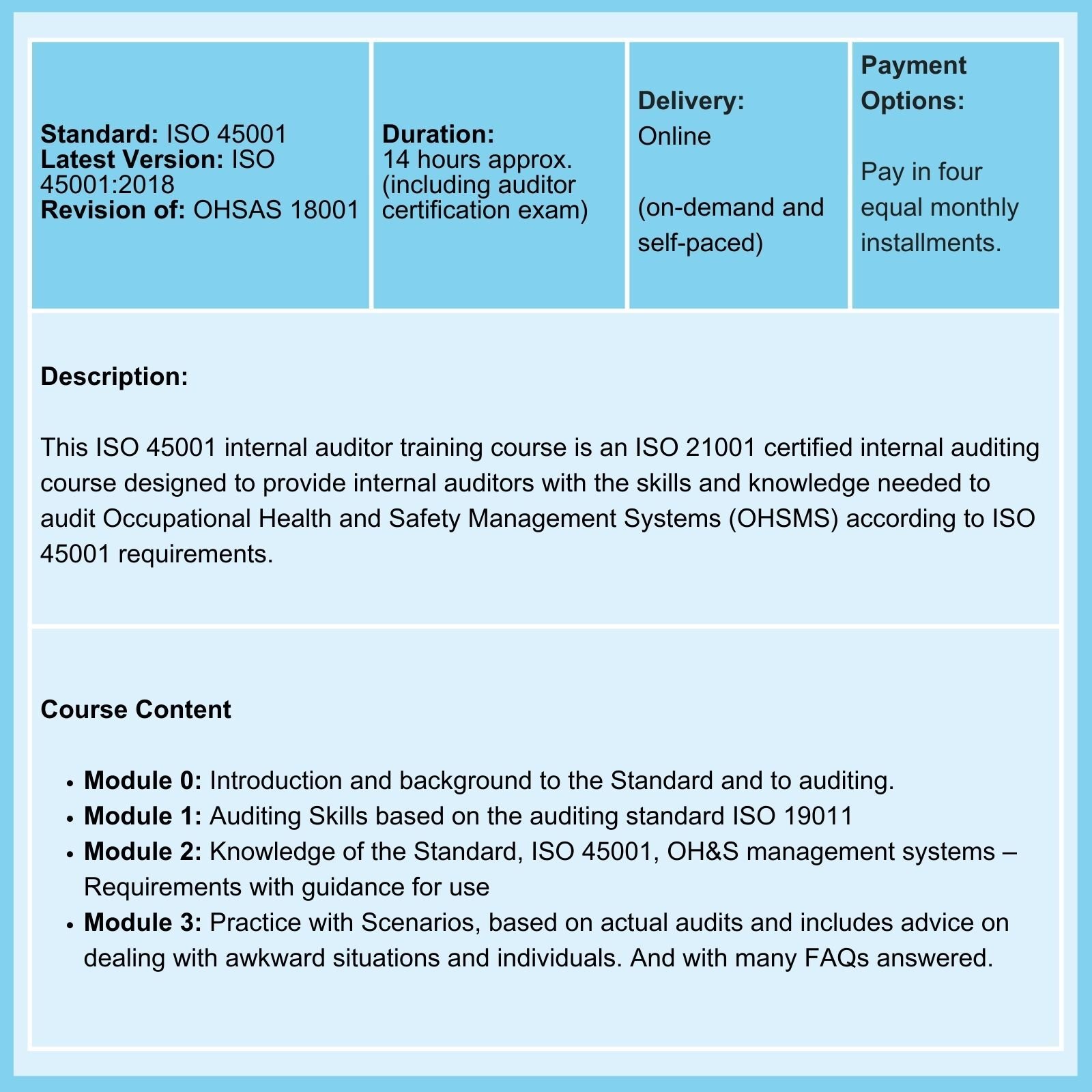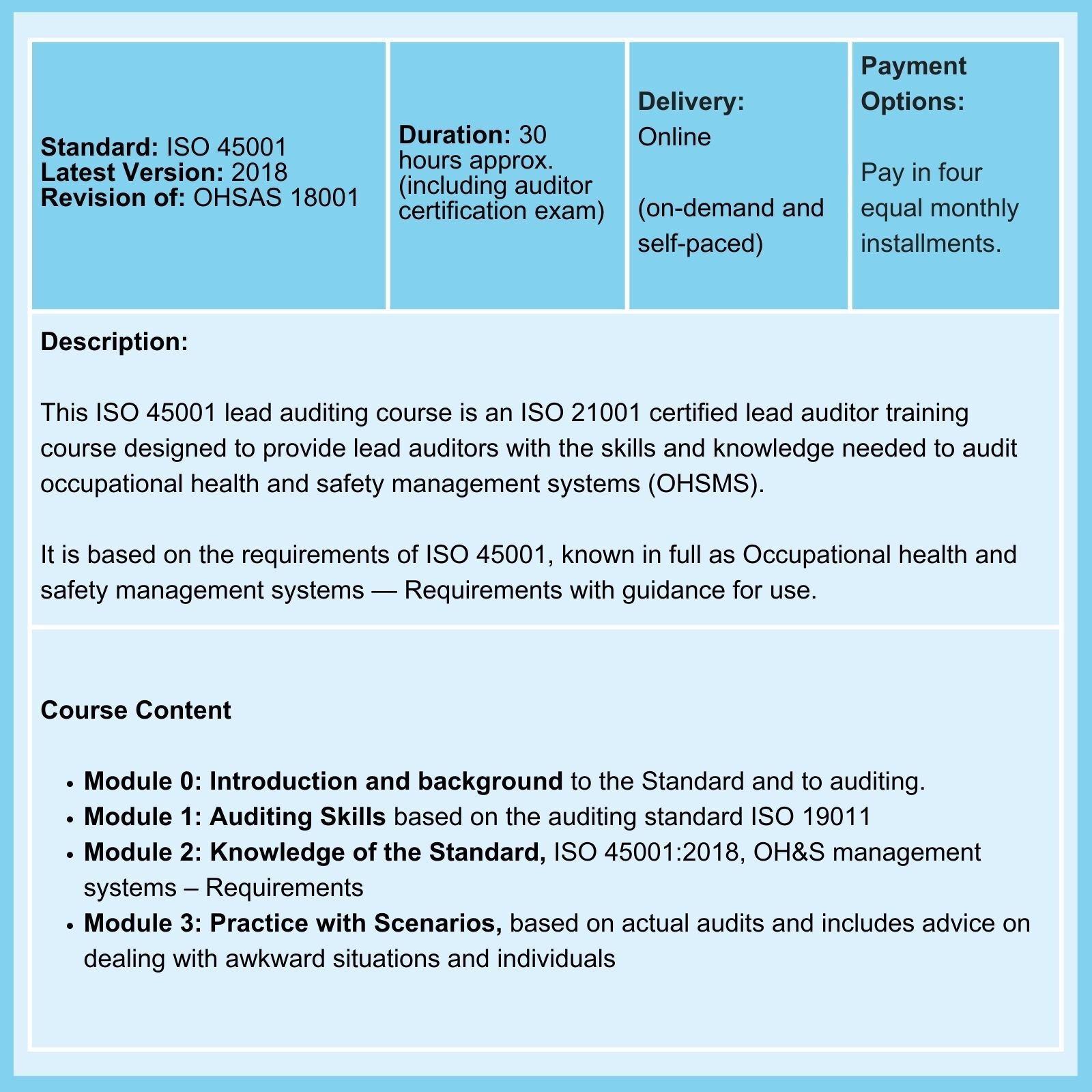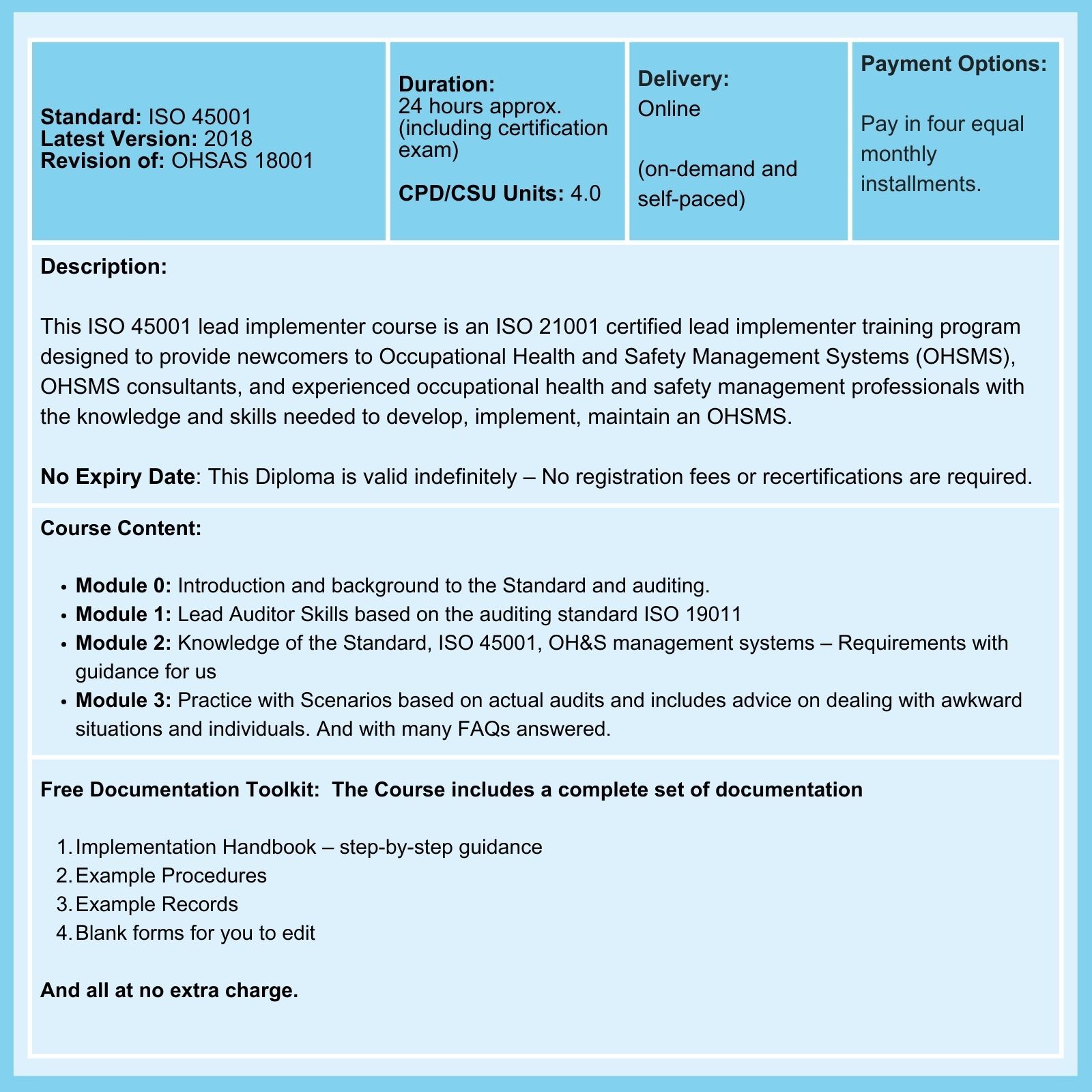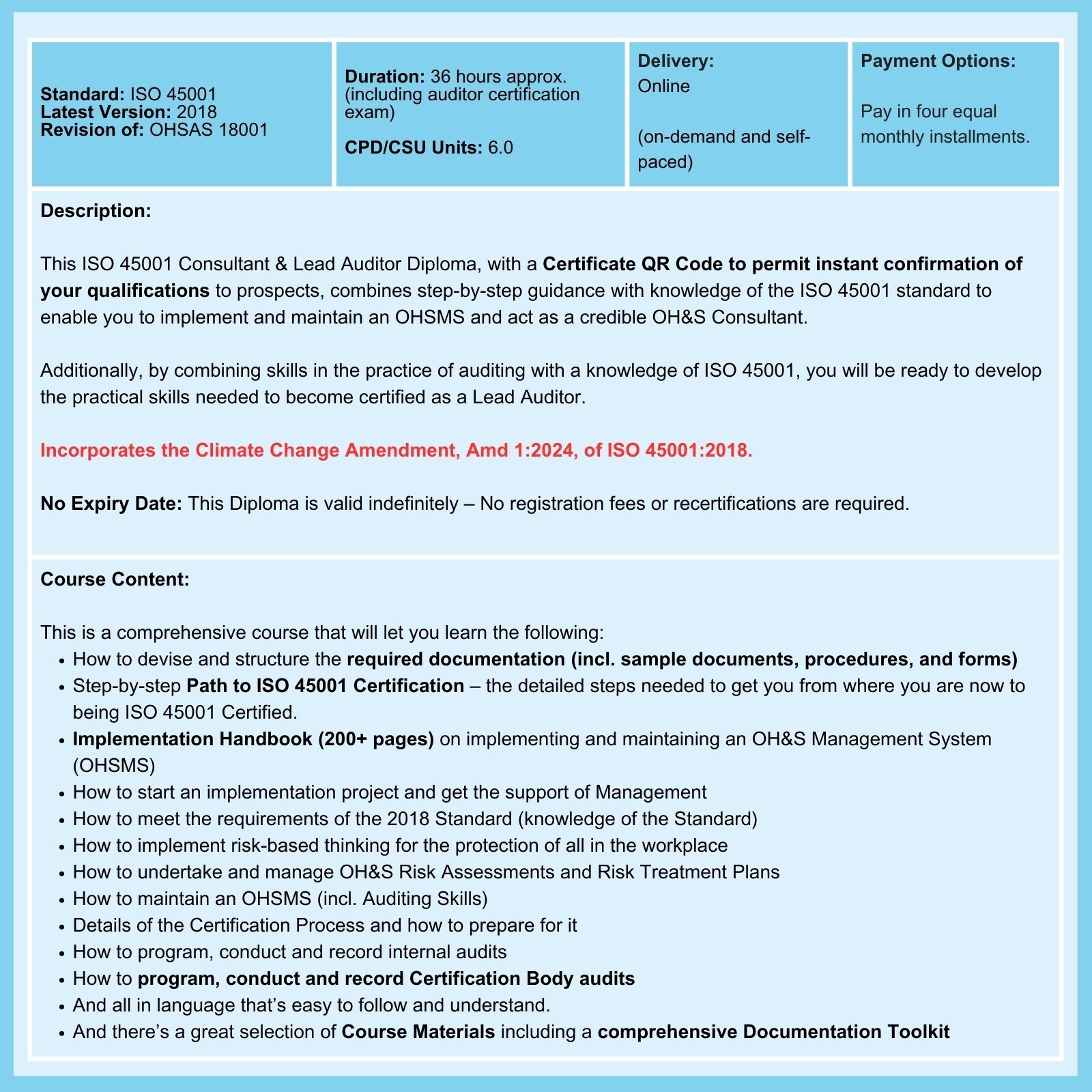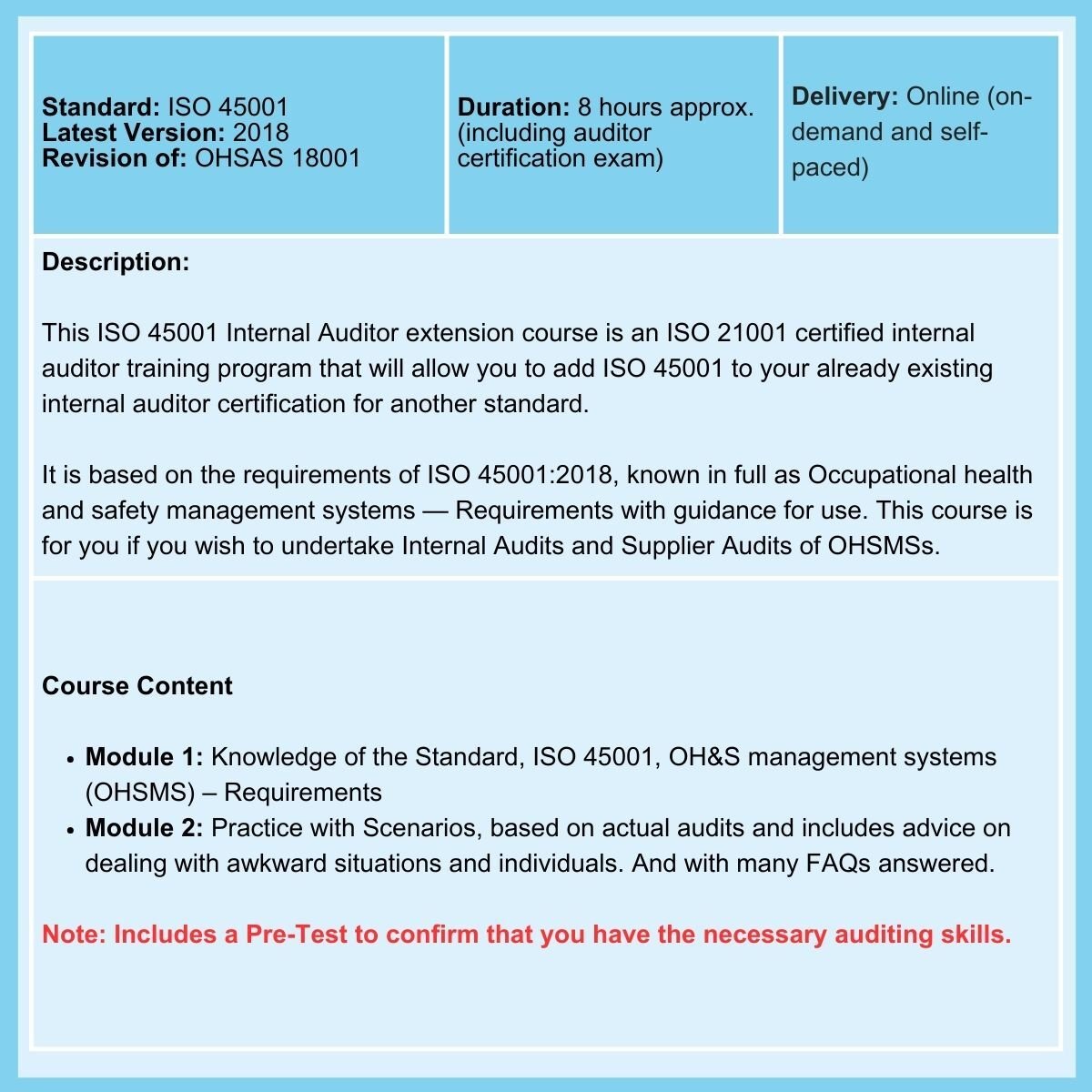Practical advice on ISO 9001:2015 Clause 7.1.6
Generally speaking, this requirement in ISO 9001:2015 needs to be addressed more effectively, and, more importantly, the valuable opportunity it provides is often overlooked.
Too often, a 'throw-away' statement in a quality manual is used here without any serious consideration of the consequences to the business of the loss of knowledge that individuals and groups within the organization carry in their heads. Not everything can be written down in policies and procedures, and retirements and fatal accidents do happen.
NOTE: The advice given here also applies to ISO 14001, ISO 27001, ISO 45001, and other standards having the same HLS structure as ISO 9001.
What is ISO 9001:2015 Clause 7.1.6?
The Clause entitled 'Organizational knowledge' tells us:
The organization shall determine the knowledge necessary to operate its processes and to achieve conformity of products and services. This knowledge will be maintained and made available to the required extent. Etc.
What is Organizational Knowledge?
Organizational knowledge refers to the specific knowledge of an organization, derived from either its collective experience or the individual experiences of its staff.
The people of the organization and their experience are the foundation of organizational knowledge. This knowledge is or can be used to achieve the organization's quality objectives or its intended results.
Capturing and sharing such experience and knowledge can generate synergies, creating new or updated organizational knowledge.
Why was the Organizational Knowledge requirement introduced?
There were two primary reasons why organizational knowledge was introduced in the requirements for ISO 9001, namely:
1. to safeguard the organization from loss of knowledge, e.g.
- through staff turnover;
- failure to capture and share information;
- learning from experience;
- mentoring;
- benchmarking.
Examples of Sources of Knowledge of Products and Services
Internal Sources
- intellectual property,
- knowledge gained from experience,
- lessons learned from failures and successful projects,
- capturing and sharing undocumented knowledge and experience, and
- the results of improvements in processes, products, and services;
External Sources
- Standards,
- Academia,
- Conferences, and
- Gathering knowledge from customers or external providers.
How to Address Organizational Knowledge When Implementing ISO 9001
A large and complex organization can implement a formal knowledge management system. A smaller, less complex organization might choose to use simpler methods, such as maintaining logbooks of design decisions or the properties and performance of chemical compounds that have been developed and tested.
However you approach the challenge, here are some fundamental suggestions:
DO's
- Do introduce a mentoring scheme. This can be part of the induction and training for new hires or for people transferred to new positions. Just ensure that it's only good habits that are passed on – choose your mentors carefully.
- Do ensure that a formal succession plan is in place if your organization is small. Include the development of the persons expected to take over in the future, be that 5, 10, or more years ahead. You want to avoid the adage about family businesses – the first generation establishes it; the second generation builds it; the third generation destroys it!
- Do make deliberate use of older, experienced staff members as trainers when creating training plans. Train them to be trainers, if necessary. Don't exclude senior executives.
- Do record shared knowledge in a database. The data will likely benefit those involved in research, design, and development activities. Consider how you can make it most readily available and accessible to them.
DON’T's
- Don't presume that you know it all. Just because you've fully specified your products and services and have a set of procedures that have proven themselves adequate over several internal audit cycles, does not mean you do not need more thorough documentation.
- Don't forget to make your database of information searchable. If people can't easily find helpful information, they tend to ignore it.
- Don't undertake this exercise on your own. It's the collective experience you're trying to capture, and it would be an ideal improvement project for your next Management Review.
Note: ISO/TS 9002:2016 was used to prepare this post.
Related Courses
Related Courses
deGRANDSON Global is an ISO Certified Educational Organization
In October 2024, we secured ongoing certification to three education-related ISO Standards. We now have a university-grade management system in place that conforms to the requirements of …
We have chosen ISO 21001 certification because, unlike IRCA and Exemplar badges (which, in our opinion, are commercially compromised), it is based on independent third-party assessment. It is a 'university grade' standard in use globally by schools, colleges, and universities to demonstrate their competence.
We offer courses for ISO 9001, ISO 13485, ISO 14001, ISO 17025, ISO 27001, ISO 45001, Data Protection, and Risk Management, among others.

